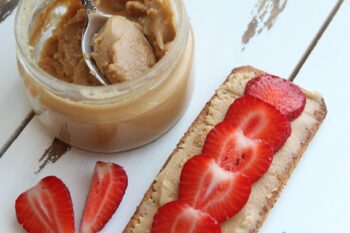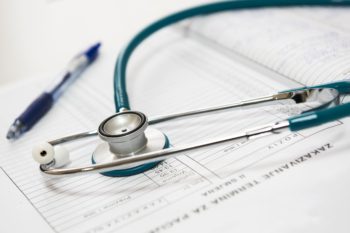No One Is Perfect!
Okay, I admit it. I’ve been eating badly for the last few weeks. Did I say weeks? I meant over the last two months. Okay—three months. I’m aware cookies, cake, and candy, are poor choices. No one from the CDC has suggested such foods can protect us from the virus. In fact, experts say that hypertension and diabetes are co-morbidity factors attributed to death from coronavirus. And still, I pay no attention. It’s like I’m running through a supermarket with no face mask. Or hugging strangers on the street. Drinking water out of my pool (we have ducks that swim in there from time to time). Why can’t I get the message? To be healthy, I have to eat healthily (sounds awkward, but grammatically correct).
Food Is Medicine
Clearly, peanut butter cups are not what the doctors had in mind. Nor potato chips. They’d recommend fresh fruits and vegetables. Check. Limited portion sizes. Check. Protein, the size of your fist. Check. But the actual meal isn’t the problem. It’s all the noshing between meals. Those snacks first showed up around March 30th. Which by the way, coincides perfectly with the date of Arizona’s Covid-19 lockdown.
Knowing Better Isn’t Always Doing Better
Years ago, I spent a week at Canyon Ranch in Tuscon, Arizona. They billed themselves as a Lifestyle and Wellness Center. I called it a Health Spa. The less tactful, referred to it as a Fat Farm. I learned a lot about health and nutrition. The impact of lifestyle choices. The importance of exercise to reduce stress. And, that we are what we eat. If so, over the last few weeks I’ve become a giant vat of peanut butter. Someone, please pass the jelly.
Control Is Around the Corner
This week, I’m recommitting myself to getting back to being healthy. No more snacks after 6 pm. No more desserts. If there’s ever been a time to maximize your health, this has got to be that moment. Of course, there will be slip-ups. Times when hiding places will accidentally be revealed. Like the top shelf of that cabinet that requires a step ladder to reach. Or the freezer, outside in the garage. Or behind the soup cans in the kitchen pantry. Mistakes are bound to happen. No one is perfect!
Added Bonus:
This week The Intersect and After the Fall will be in a promotion for those who are subscribers to Kindle Unlimited. Take a moment to check it out here. And stay safe.



